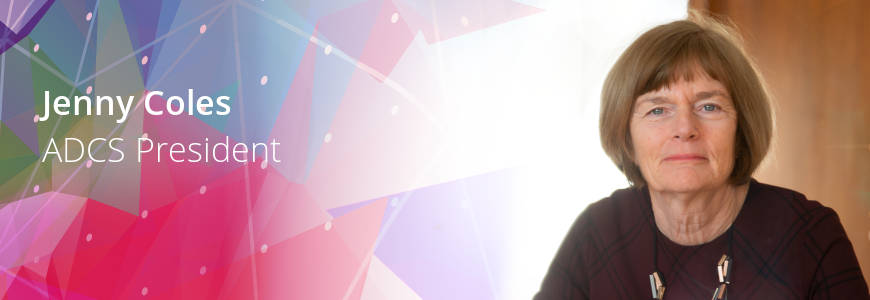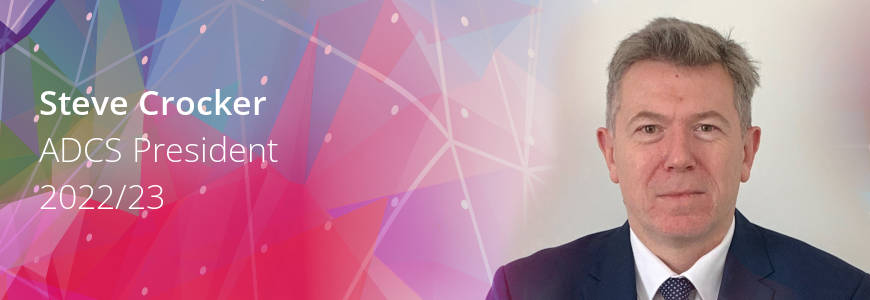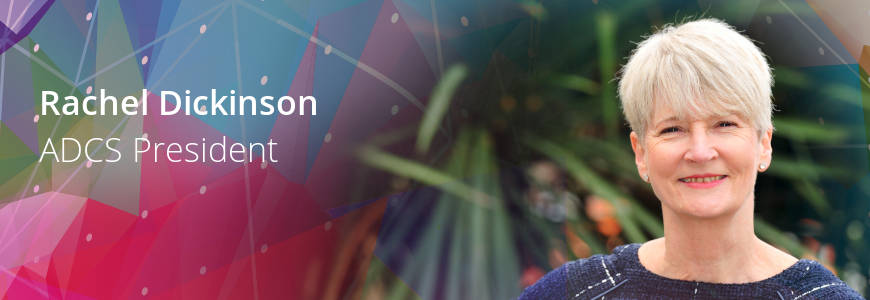Comment: separation of siblings in care

Charlotte Ramsden, Chair of the ADCS Health, Care and Additional Needs Policy Committee said:
“Local authorities work hard to keep siblings who are in care together wherever we can and recognise the importance of those relationships. There are many different reasons why this isn’t always possible including some situations where a child’s needs cannot be met with their sibling due to emotional or behavioural concerns or risks. Finding enough foster carers or adopters who are willing and able to take sibling groups continues to be a national challenge. Local authorities consider a range of things when seeking a suitable placement to maximise the ability of that placement to meet the child’s needs and protect their welfare, the child’s views and wishes are critical in this. In the case of siblings, we need to balance each child’s individual and sometimes conflicting needs and the capacity of the carer to meet them. The decision to separate siblings is never taken lightly. Where they cannot live together, siblings must be supported to understand the reasons for this, and there should be robust plans for meaningful contact between them, so long as it’s consistent with their welfare. Contact arrangements should be regularly reviewed to reflect the fact that children’s needs can, and do, change over time and clear contact plans should be made at the start of placements. When permanent placements are made local authorities may not continue to be involved long term but needs can still change over time including the arrangements for sibling contact and any carer can make contact with the local authority where they live if they need advice about how to manage the changes.
“ADCS would encourage those who believe they can offer children a stable and loving home and would like to find out more about adoption or fostering to come forward, particularly where they would be able to care for children in a sibling group. More placement choice can only be a good thing for the children in our care.”
ENDS
Related Articles
Update of an ongoing example of region’s increasingly integrated and...
In General
Responding to the Department for Education’s Vulnerable Children and Young...
In General
On 1 April I became ADCS President and I feel privileged to be able to represent...
In General
All behaviour is a form of communication. Children and young people may not...
In General
ADCS President Jenny Coles said: “The Covid-19 pandemic has forced all...
In General
Charlotte Ramsden, Chair of the ADCS Health, Care and Additional Needs Policy...
In General
Commenting on the Children’s Commissioner’s report, ADCS Vice President...
In General
ADCS response to the Competition and Markets Authority children’s social care...






